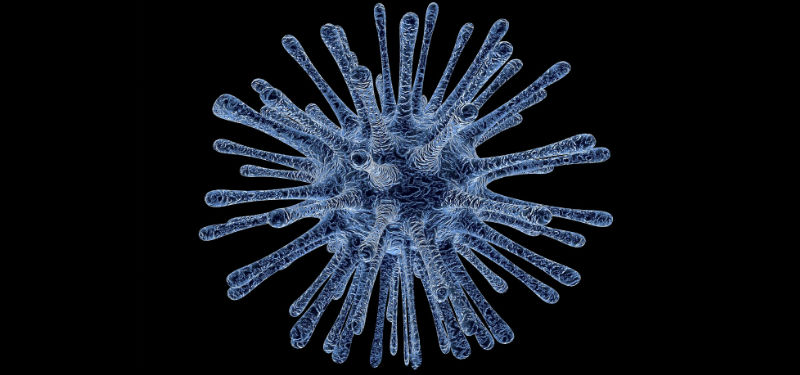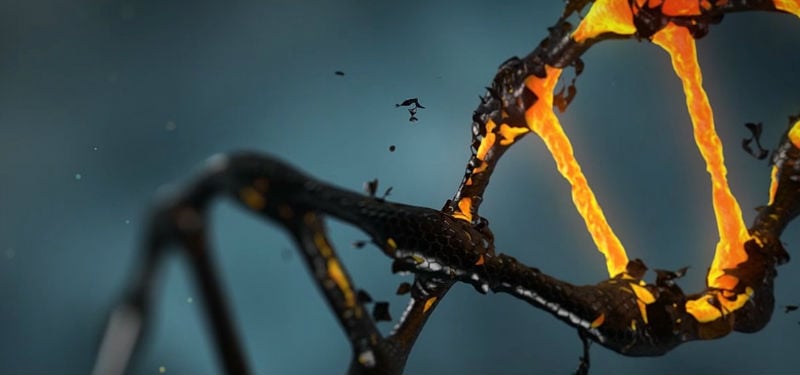In 2017, there are an estimated 250 thousand people that will receive a diagnosis of breast cancer, both men and women. Though women are more likely to develop breast cancer than men (roughly 100 times more likely), both genders are affected by this disease, and nearly 41 thousand people are estimated to die from it this year. Breast cancer, as it relates to an occupational illness covered under the congressional acts of EEOIPCA and RECA, is covered by our organization, United Energy Workers Healthcare and Four Corners Health Care. We offer free home health services to DOE employees or DOE subcontractors that have developed breast cancer due to their job.
A breast cancer diagnosis can be a scary thing, but understanding what breast cancer is and how it develops can help those going through it develop a better sense of what their diagnosis means and how they can fight it. There are 3.1 million breast cancer survivors in the United States, which means, even if breast cancer developed due to employment, the chances of survival are relatively high (as long as other steps are in place). Continue reading to find out more about breast cancer and its effects on the body.
How Breast Cancer Develops

Breast cancer is a cancer that develops in the breast tissue. Mostly women develop breast cancer, but men are susceptible to it too, especially if they worked in a profession dealing with heavy metals or other elements with high radiation exposure. Most breast cancers begin to form in the milk ducts of breast tissue, responsible for delivering milk to the nipple. Other common types of cancer may develop in the lobes responsible for producing milk, called lobular breast cancer. Some breast cancers can also develop in the lymph nodes surrounding the breast. Other breast cancers can develop in other parts of breast tissue, but these are substantially less common.

Breast cancer begins when a small mutation in the DNA of a cell accelerates the rate of its division. Breast tissue cells are dividing all the time, replacing old cells with new, healthy ones. However, when the rate of this division is accelerated, the chances to copy DNA correctly from one cell to another are greatly reduced. The result is a mutated cell that doesn’t function properly but continues to take up space and nutrients, killing off other healthy cells that surround it. As these mutated, useless cells continue to divide, the result can generally equate to a mass of tissue that can be felt by pressing on the breast, though not always. Some breast cancers are not detectable by touch alone, which is why routine breast cancer screenings are important. Doctors can catch the unseen/unfelt cancers that you and I can’t detect.
Why Breast Cancer Is Dangerous

Breast cancer becomes a very dangerous cancer if it is left alone. Lymph nodes, the small organs that clear waste from the body, surround the breast at several points. If cancerous breast cell tissue is cleared into these lymph nodes, there is a chance of the cancer metastasizing (or spreading to other parts of the body). Any other cancer can form because of this, depending on each individual, and any spreading of cancer cells is a risky sign. If different parts of the body are unable to function properly due to the metastasis, the system may have to shut down, causing severe damage and possibly death. The best way to prevent metastasis from occurring is to get routine breast screenings and take actions before breast cancer becomes a bigger problem, including surgery, chemotherapy, radiation, or any other course of treatment your doctor sees fit to prescribe you.
Getting Help
There are several foundations that are dedicated to finding a cure for breast cancer. The best thing we have come up with so far is to take preventative measures, including eating healthy diets, avoiding heavy metals (at jobs or even in cigarettes), and exercising regularly. With no cure to cancer yet, United Energy Workers Healthcare and Four Corners Health Care is also here to help those covered under DOL EEOICPA and RECA to manage your cancer, the side-effects of your drug therapies, and offer grief counseling services. If you know someone who worked directly or indirectly for the DOE who now has breast cancer, don’t hesitate to call and see if you qualify for these services. (800) 314-2383